Which Components to Prioritize When Building a Gaming Computer

Every serious gamer knows that it’s the technology behind the skill that enables you to go above and beyond in your strategy, reach record-high scores, and ultimately, become an all around better gamer. If you’re ready to commit to better gaming, you’ll likely want to start by updating your gaming rig.
When looking at upgrading, you essentially have two options: buy a new setup altogether or if you have a gaming computer already, you can make some simple updates to its hardware. But before you try your hand at any DIY repairs, you’ll probably want to know about which components you should prioritize so you don’t wind up spending more time or money than you really need to.
In this article, we’ll discuss some of the most important pieces of your gaming setup so that you can get the most bang for your buck, whether you’re buying a new rig or improving your current one.
Central Processing Unit (CPU)
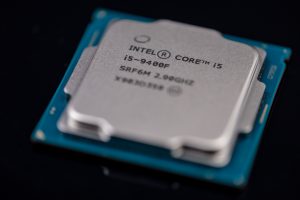
The CPU is the heart of your device. It’s the thing that enables you to run your internet browser, your favorite movies, your favorite games, and any application you want to run on your device. A good processor will allow you to run multiple applications and functions at once, without lagging.
So, what’s a good CPU look like? – For a gaming computer, you’ll definitely want the maximum cores you can afford. For high-intensity graphical games, a 6-core processing unit is recommended. However, newer units are using 8-cores. The cores are what increase the speed at which your processor functions. So, audio, video, graphics, and commands can all be employed as close to real-time as possible.
Can I replace my CPU? – Definitely. It’s actually pretty common for gamers to upgrade their CPU in order to boost processing functionality. Keep in mind, you might need a new motherboard in addition to your upgraded CPU since the two support each other.
Graphics Processing Unit (GPU)
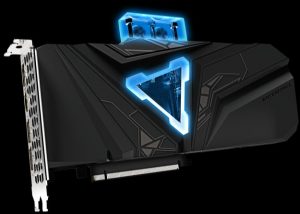
Your GPU is similar to the CPU in that both pieces of hardware are responsible for processing and outputting gaming interface. Your GPU however, is primarily responsible for the graphical components of your device. So, the better the graphics card you have, the better the graphics interface will be.
Before you can update your GPU/graphics card, you’ll need to make sure that your power supply is compatible with the new unit. Check out this link to learn more about how to upgrade your graphics card.
Solid State Drive (SSD)
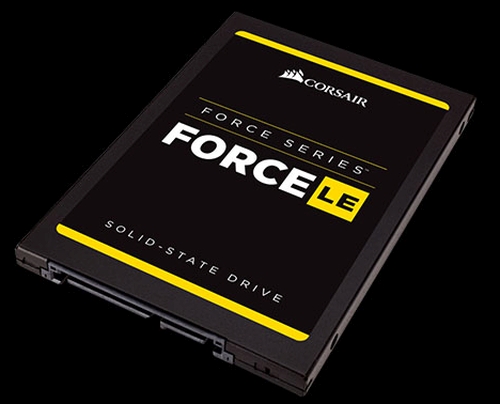
Since your CPU doesn’t actually store any information (it just reads and writes), your computer’s storage is an essential part of your gaming rig. Your solid state drive is actually the thing that stores games or applications that you’ve downloaded and installed, and then communicates with your computer’s CPU. If your solid state drive isn’t functioning properly or is running out of space, this could slow down the time it takes for your computer to find and distribute the information it needs to run whatever programs you launch.
Peripheral Accessories
While making big upgrades to your gaming device can have a huge impact on its performance, sometimes it’s not always necessary. Sometimes all you need is just a little extra screen space in order to level up your gaming performance.
If you don’t already have a display monitor set up, this should probably be your first step when looking to upgrade your gaming system. Having an extra screen to play from, to view your enemies and to plot your strategy, can make a world of a difference. Plus, if you’re on a budget and need a quick-fix stat, this is a great place to start
Final Thoughts

If you’re in the market for a new gaming setup or want to take an upgrade into your own hands, use these tips to guide you.


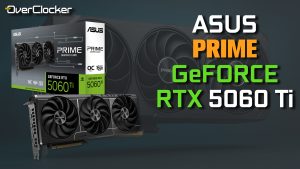
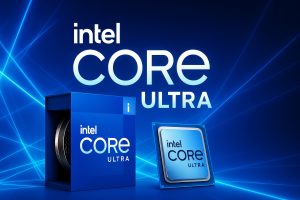
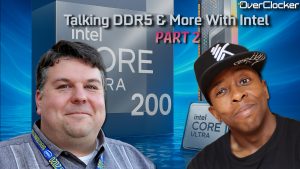

132 thoughts on “Which Components to Prioritize When Building a Gaming Computer”
Comments are closed.